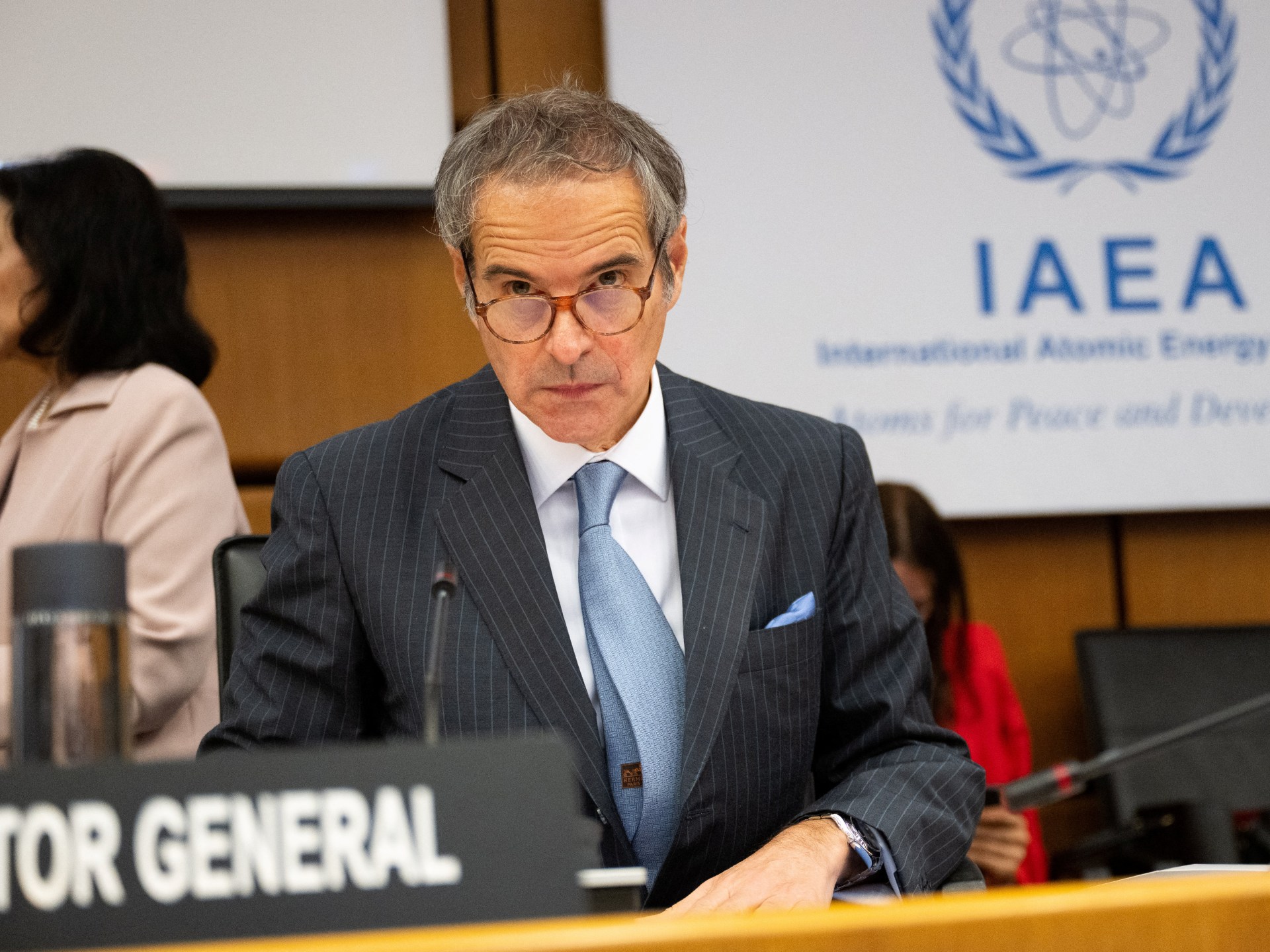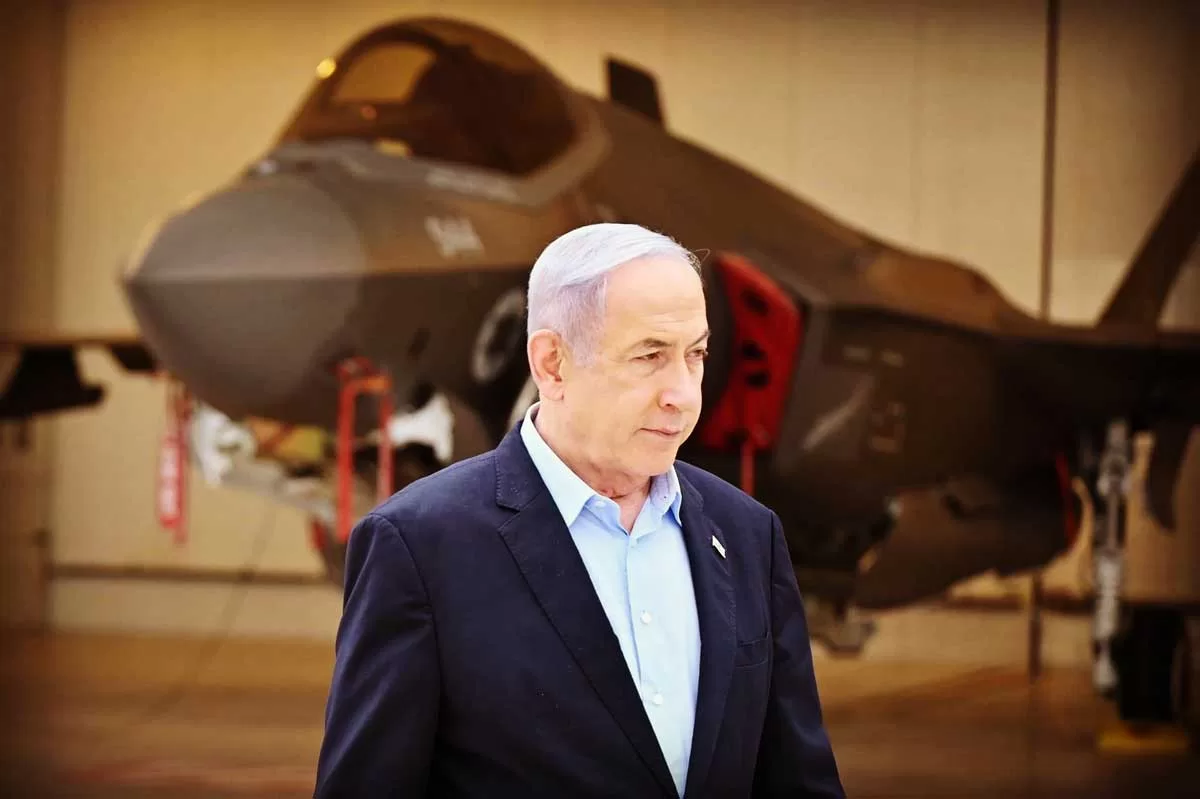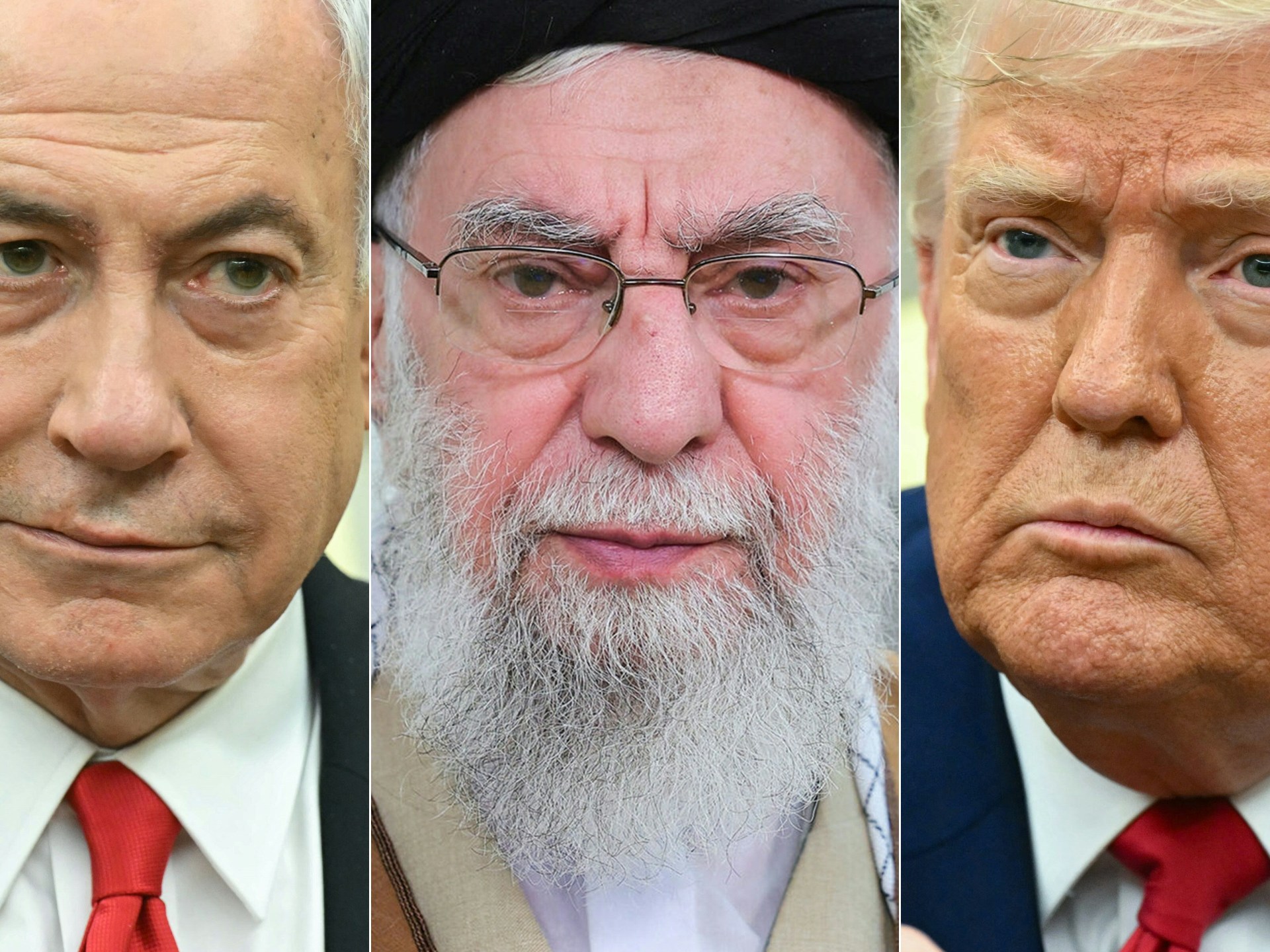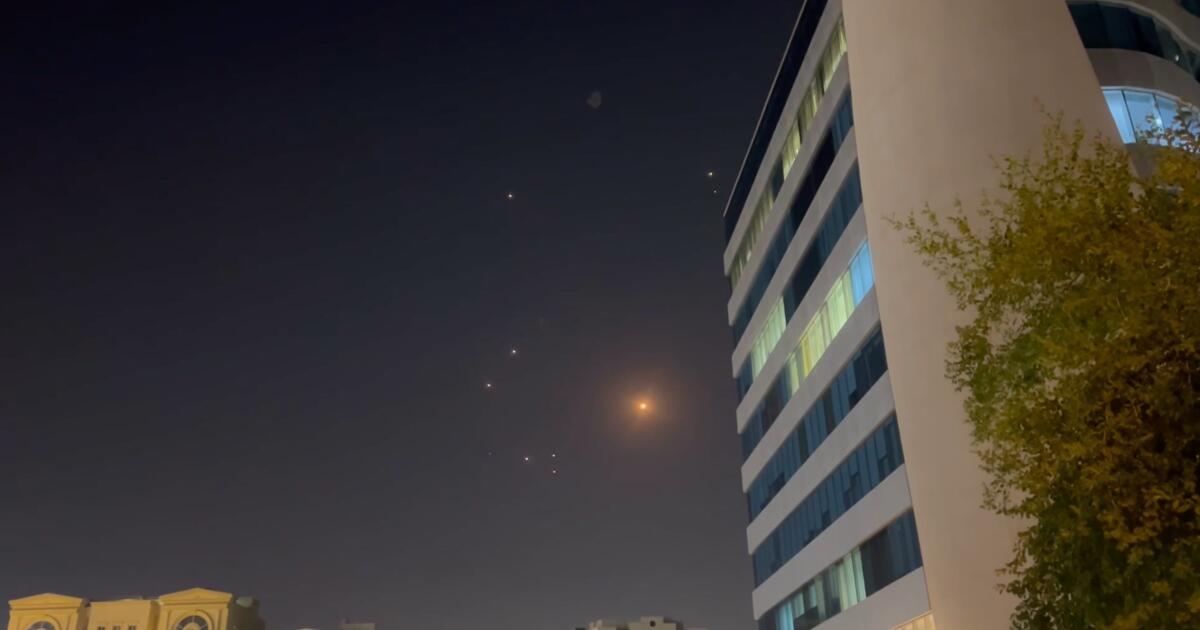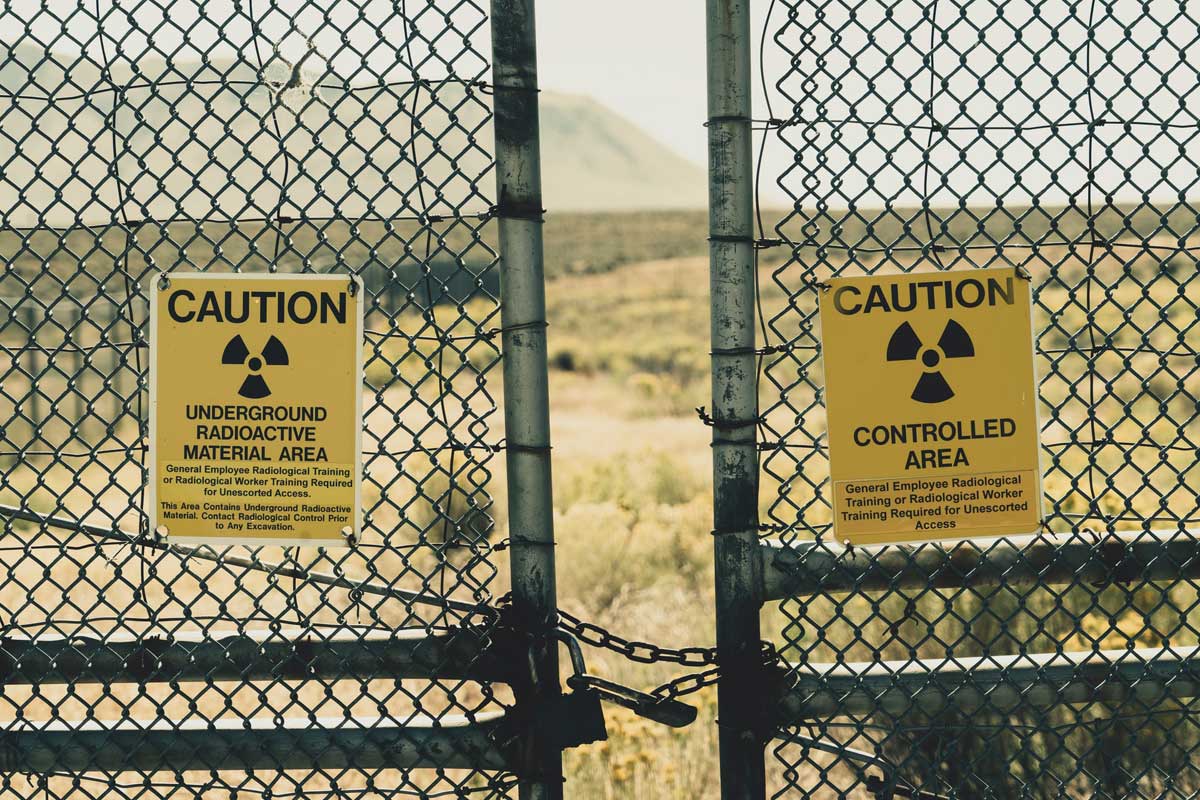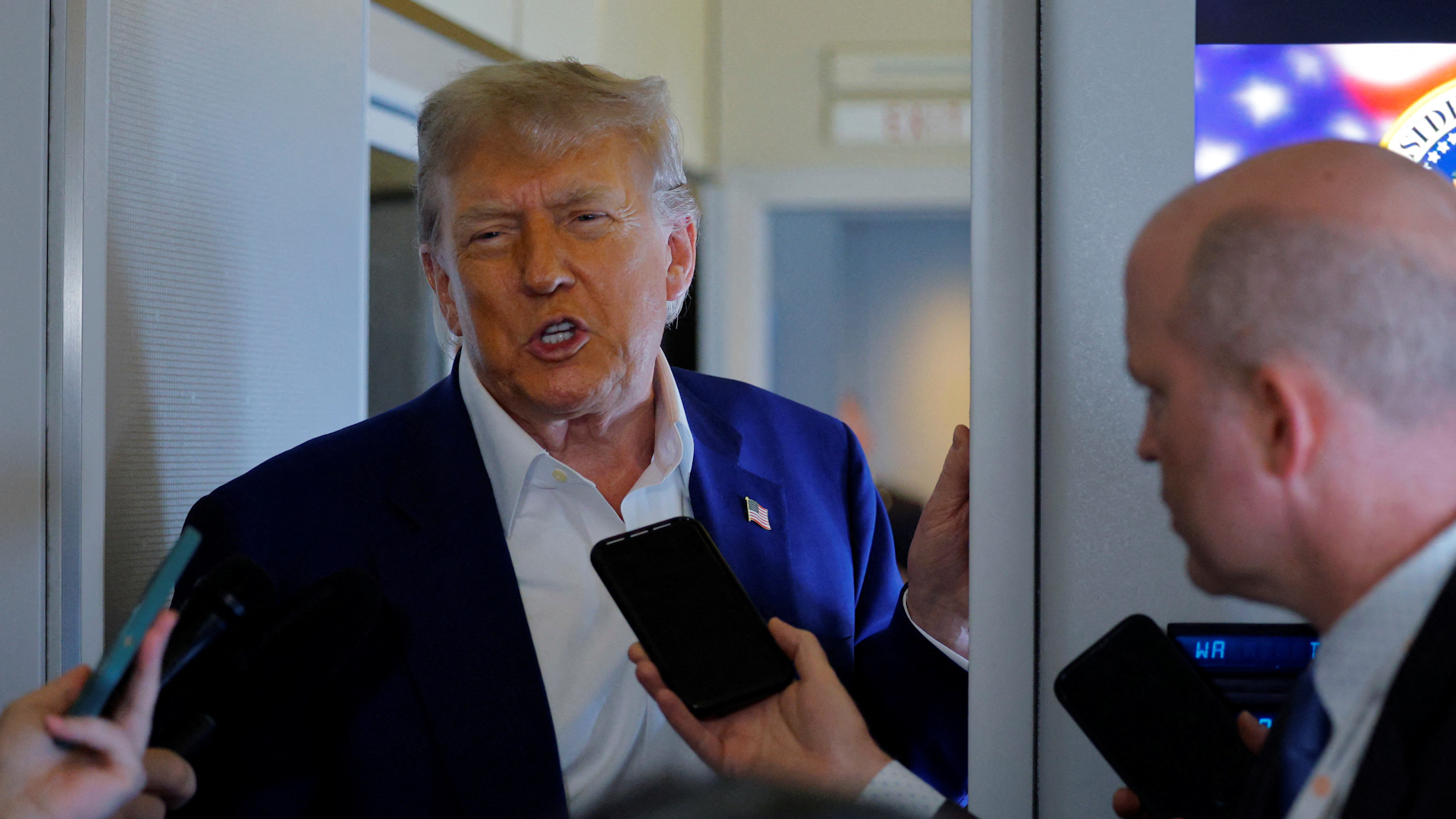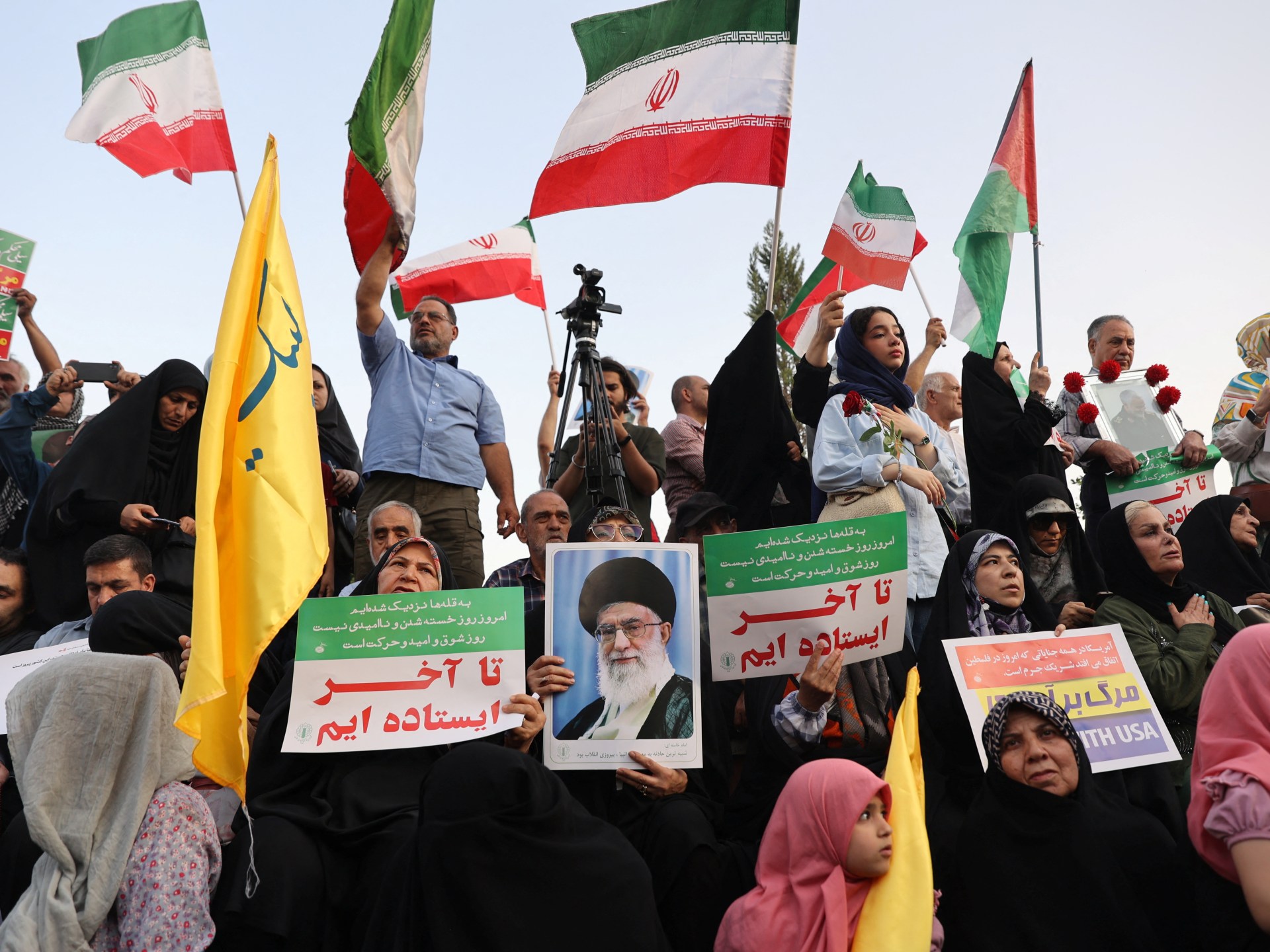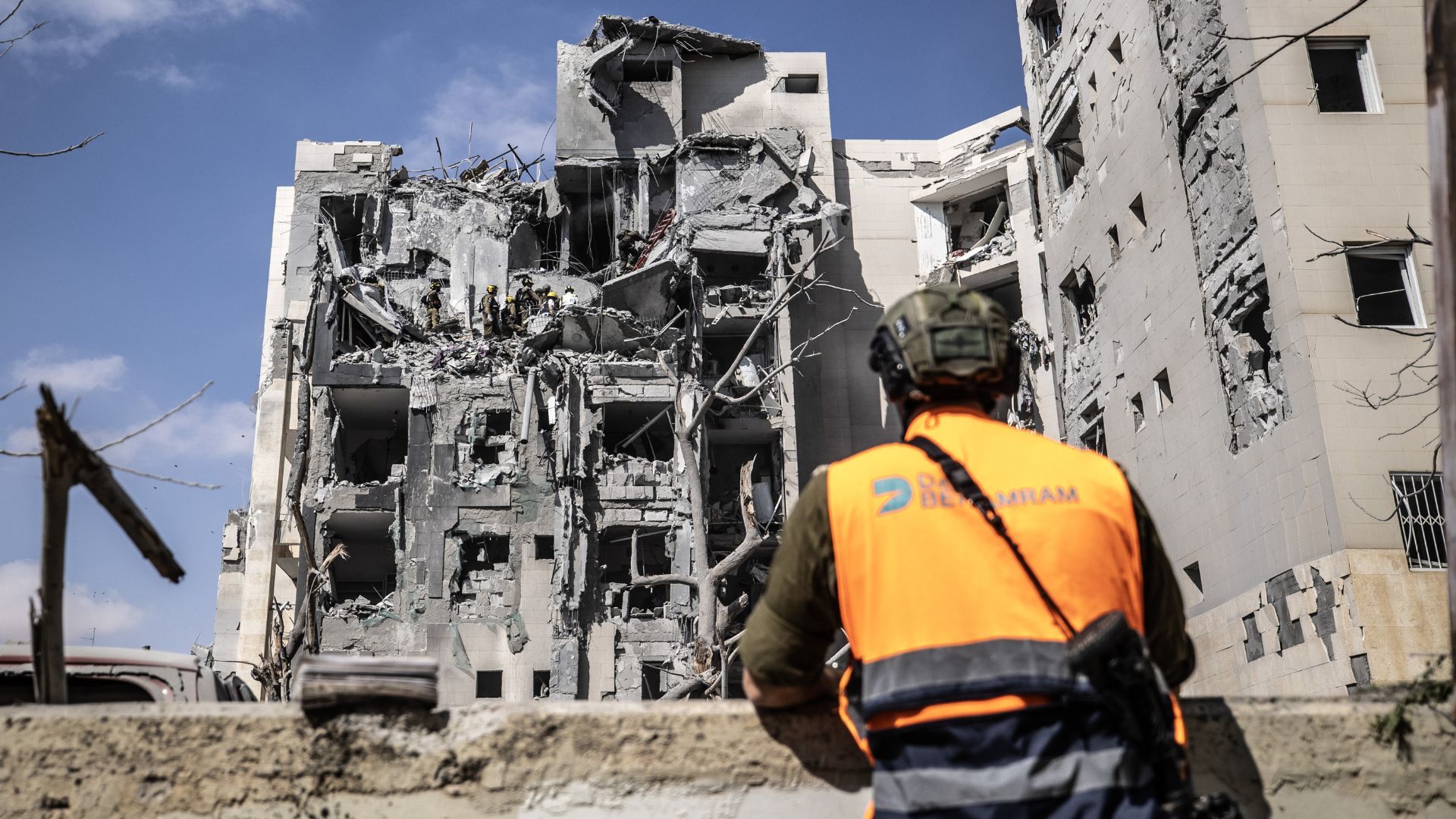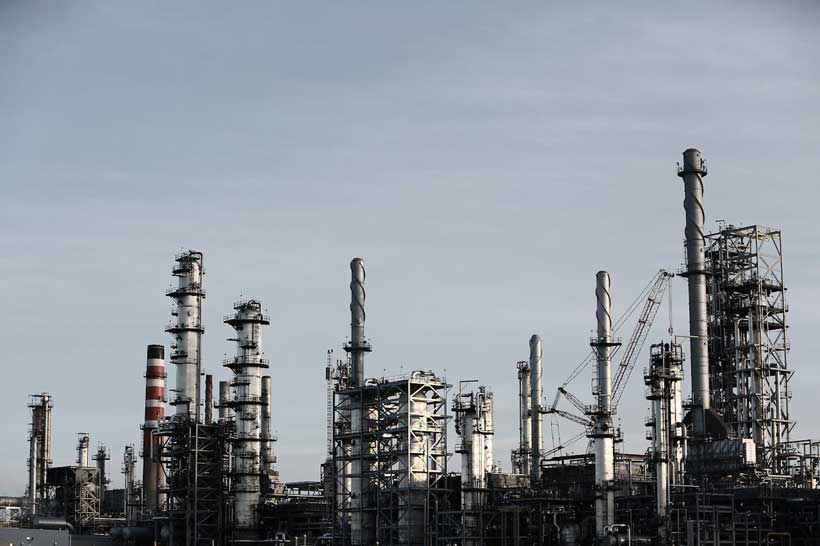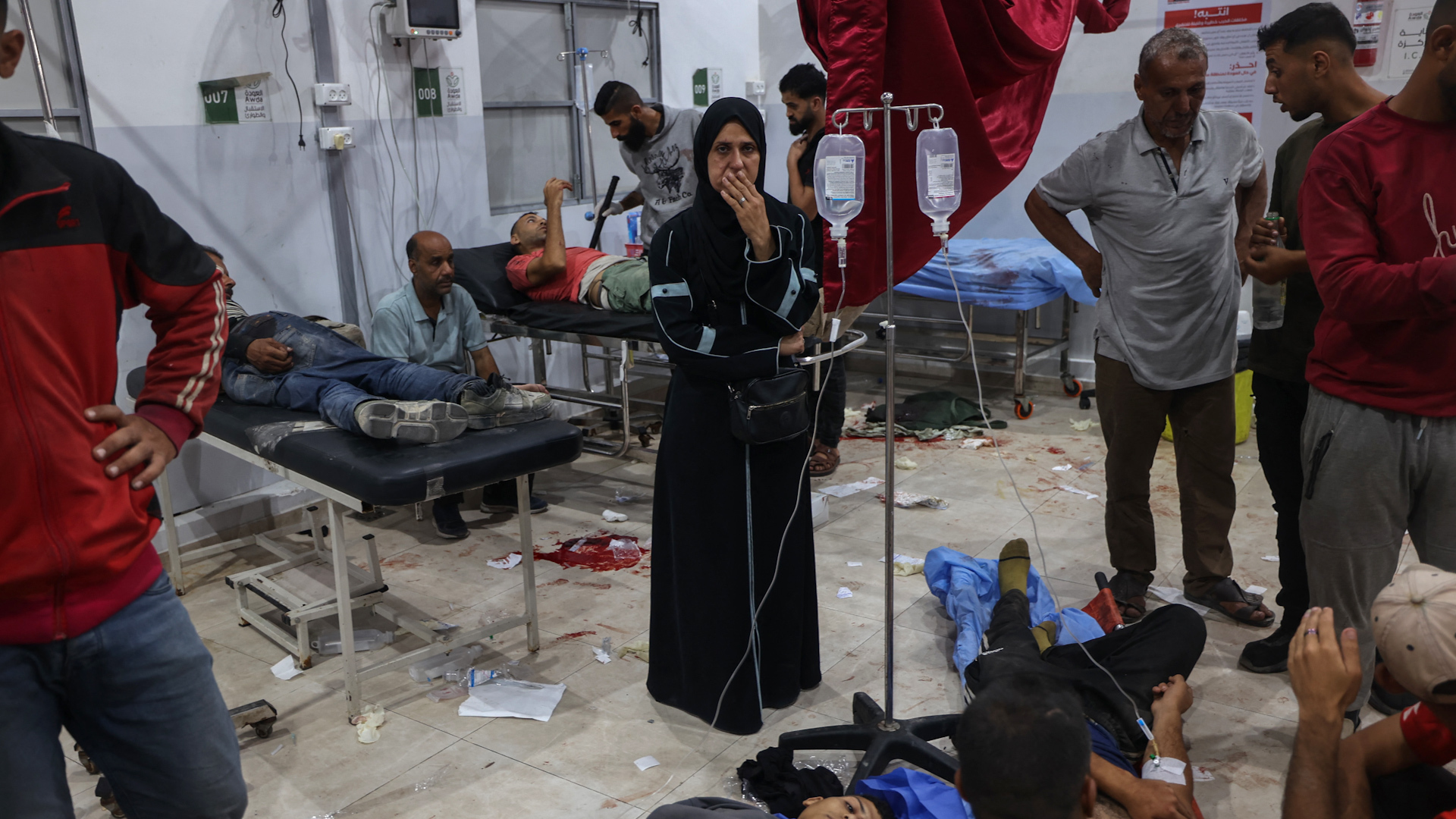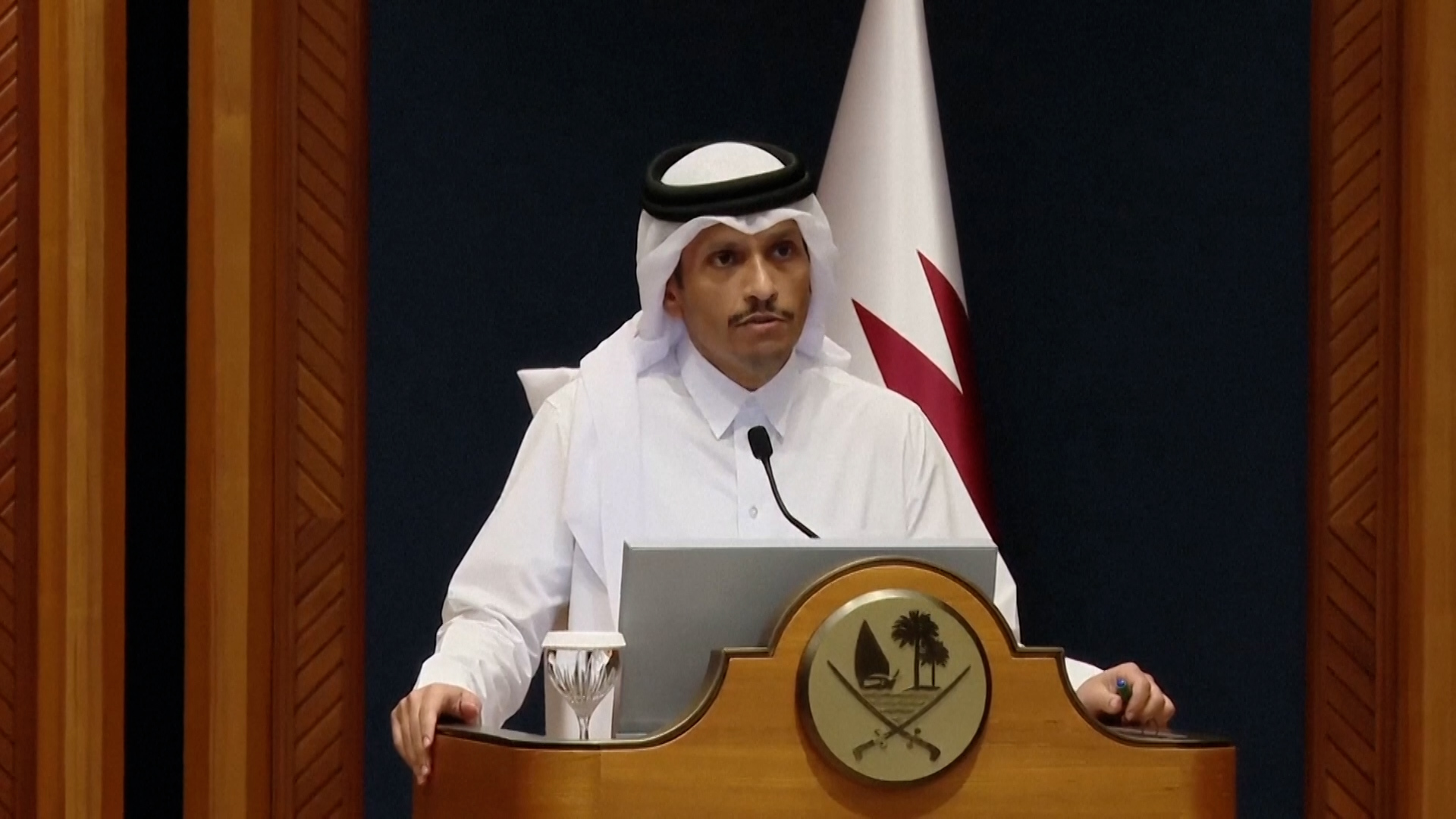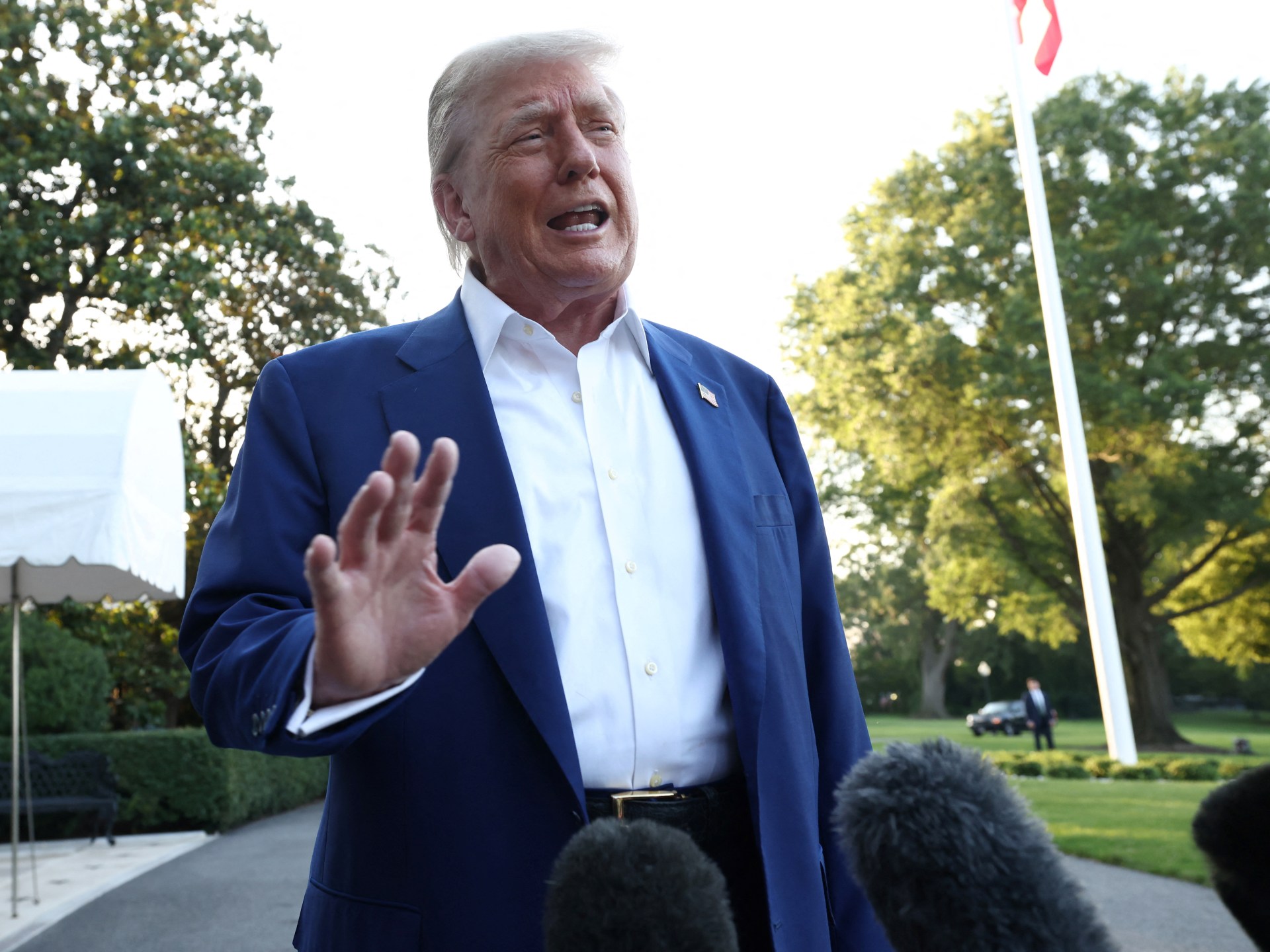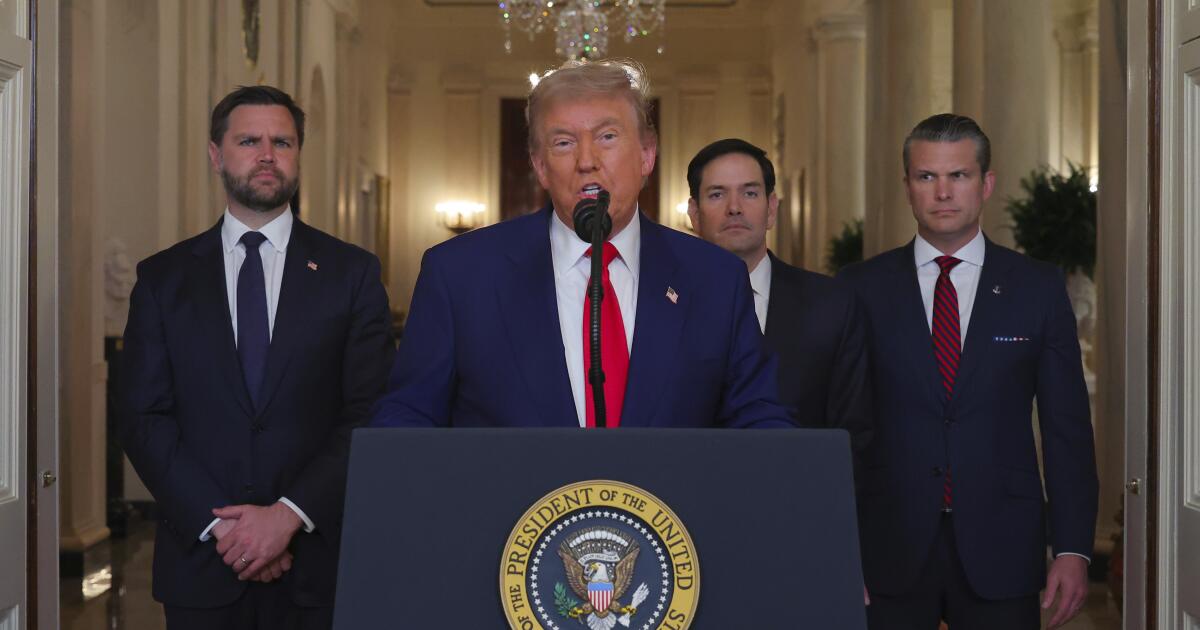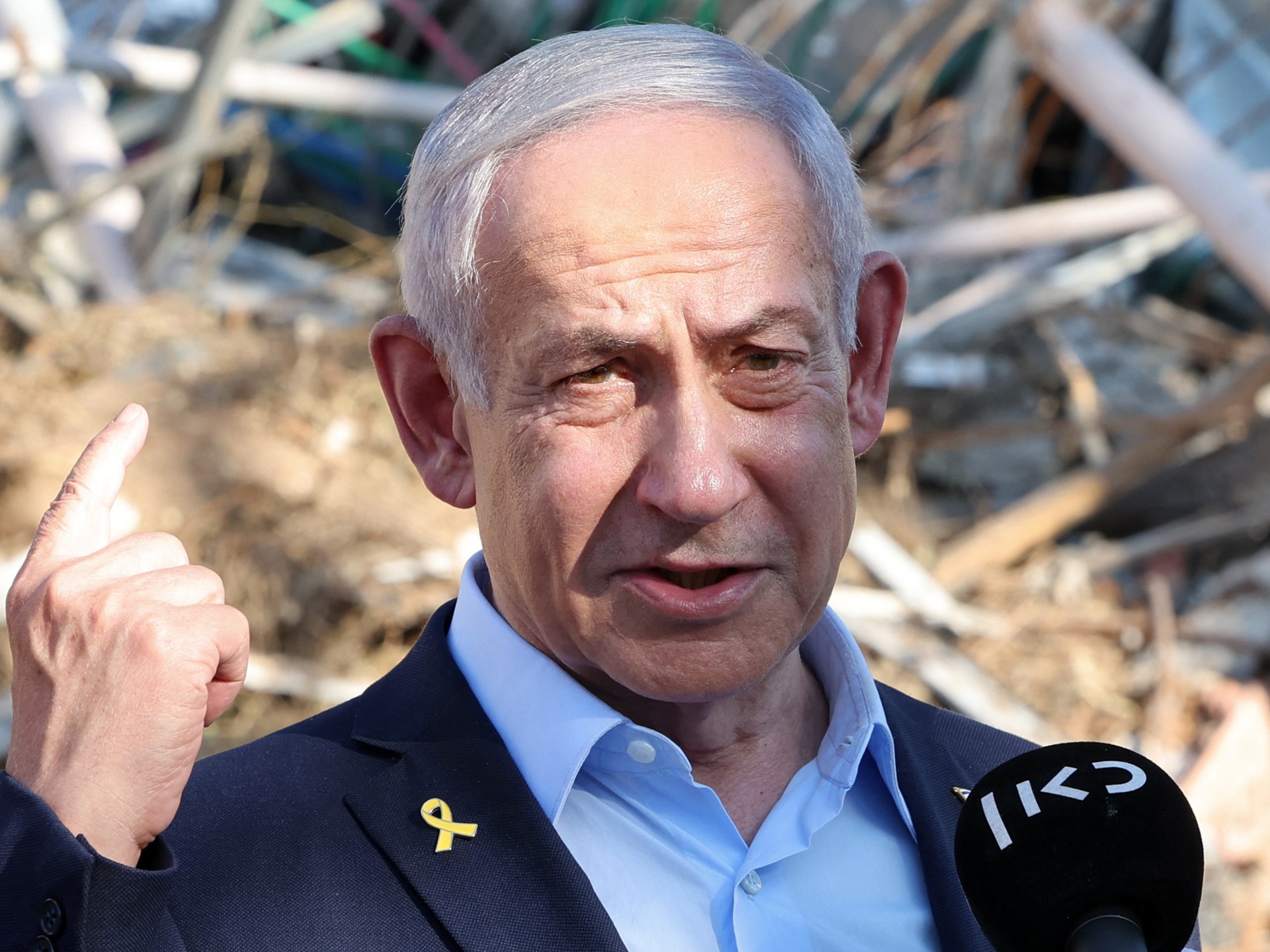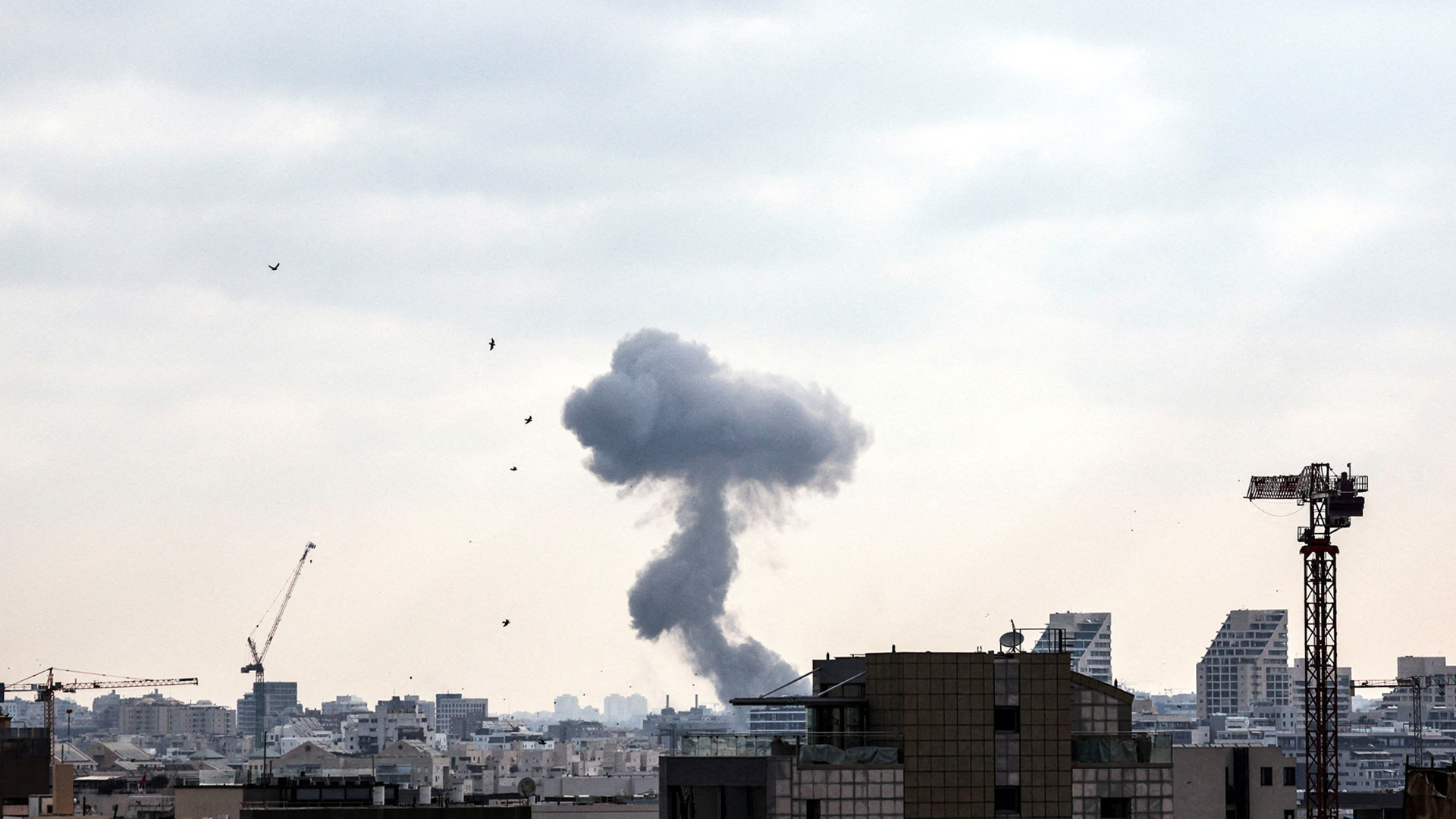Israel thinks Netanyahu is victorious against Iran – what will he do next? | Benjamin Netanyahu News
As the Israel-Iran ceasefire staggered into effect on Tuesday, all of the combatants launched a plausible argument for victory.
In the United States, President Donald Trump claimed that both his diplomatic and military interventions had largely been responsible for halting the fighting, while the leaders of Iran and Israel each claimed to have secured a decisive win in a regional contest that dates back decades.
In Israel, however, the emerging narrative is that the end result of the conflict with Iran has solidified the position of Prime Minister Benjamin Netanyahu.
Just two weeks ago, Netanyahu was in real trouble. On the night before he ordered the unilateral strike on regional nemesis Iran, his governing coalition was only able to survive thanks to a last-minute deal with dissenting members. Public and political opinion had also appeared to have turned against his war on Gaza, and internationally, Israel’s allies were beginning to protest the blockade of the Palestinian enclave.
Now, he can argue that he has severely weakened Israel’s most dangerous regional enemy, Iran, and he claims that its nuclear programme has been destroyed and sent “down the drain”.
The Iran threat
Buoyed by rising poll numbers and the sense of having successfully confronted Iran, Netanyahu may, according to reports in Israel, seek to take advantage politically and call snap elections.
Having built up the threat of Iran over three decades, and repeatedly warned that his country’s principal bogeyman was about to build a nuclear weapon despite Tehran’s denials, Netanyahu can now take advantage of being seen as the man who ended that threat.
“Entire generations have grown up in Israel with this fear of Iran,” Israeli political scientist Ori Goldberg said. “There’s a foundational narrative that there’s this crazy state out there that, without any logic or reason, wants to destroy us.”
“My oldest daughter is 22 now, and has never known anything else,” Goldberg said. “Netanyahu is now getting the credit for having confronted that.”
In a video statement released earlier today, Israel’s far-right Finance Minister Bezalel Smotrich framed the conflict in characteristically apocalyptic terms, telling his social media followers, “The State of Israel has defeated in the last twelve days the empire of evil that threatened the entire world and sought the destruction of Israel.”
That argument is supported by much of the Israeli public – which has largely supported right-wing and far-right parties in recent years.
“Netanyahu is stronger than ever,” Mitchell Barak, an Israeli pollster and former political aide to several senior Israeli political figures, including Netanyahu, told Al Jazeera. “No one’s going to bring him down, no one’s going to challenge him, not his opponents, not his detractors, nobody.”
“He showed that Israel can go it alone. He held off, before American help, then continued alone. Bennett, Lapid can’t challenge that,” Barak continued, referring to two former Israeli prime ministers, the right-wing Naftali Bennett and the centrist Yair Lapid, who are both opponents of Netanyahu.
Not so rosy
However, how long the Israeli prime minister’s perceived victory will last is uncertain. The Iranian government and its Islamic Republic form of governance remain in place, even as Netanyahu has repeatedly called for its overthrow. Netanyahu insinuated that regime change was a possible result of the conflict between Israel and Iran, and Trump used the term in a social media post on Sunday, before clarifying on Monday that he was opposed to regime change because it could lead to “chaos”.
And despite Israeli claims, it is too early to have a definitive answer on the condition of Iran’s ballistic missile and nuclear weapons programmes. The former, despite Israel’s effective air defence systems, led to the deaths of at least 28 Israelis during the conflict, while Iran is likely to shroud its nuclear programme in secrecy going forward. Early intelligence assessments are reported to have determined that Iran’s nuclear timeline has been delayed, but not destroyed.
And analysts have previously suggested to Al Jazeera that Iran is likely to accelerate its nuclear programme, with hardliners within the Iranian regime now even more convinced of the need for a plausible deterrent against Israel.
“There are a lot of unanswered questions out there, such as how much uranium remains enriched, or even where it is, but, in the short term, it doesn’t really matter whether it’s been destroyed or not,” Yossi Mekelberg, a senior consulting fellow with Chatham House’s Middle East and North Africa Programme, told Al Jazeera. “Netanyahu and his allies in the White House will be able to spin it. What matters to them is that Iran has suffered a real physical and psychological blow.”
However, how long Netanyahu may be able to survive on spin alone remains far from certain, Mekelberg added. “Every Houdini eventually comes across a lock they can’t pick,” he said.
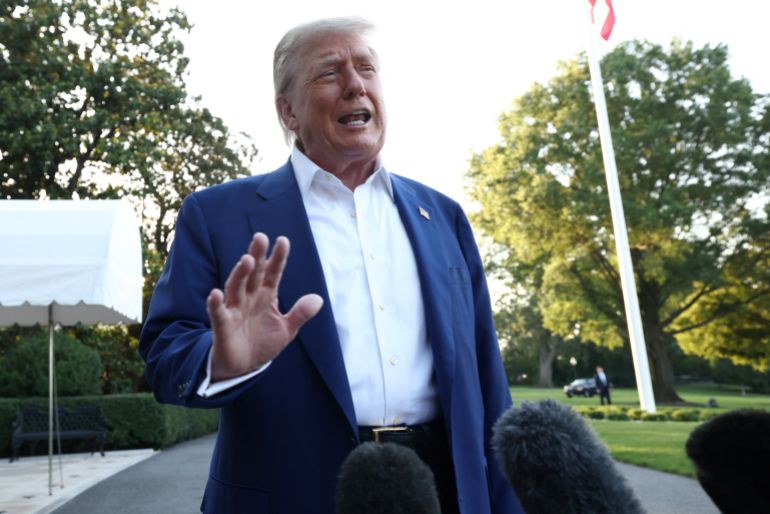
Netanyahu’s actions since the start of Israel’s war on Gaza in October 2023 have arguably made his country’s position weaker in the long term. Israel’s international isolation has increased, with revulsion worldwide at the Israeli military’s actions in Gaza, where it has killed more than 56,000 Palestinians. Netanyahu himself is wanted by the International Criminal Court for war crimes, and South Africa has led a number of other countries in taking Israel to the International Court of Justice, accusing it of carrying out genocide in Gaza.
The images of those killed, including thousands of children, and the total destruction of Gaza, have spread on social media in particular, turning many in the West against Israel. This has become particularly noticeable in the US, where even on the right – traditionally a bastion of support for Israel – support for the country has become controversial.
And while Trump has shown himself to be a pro-Israeli president, the perception among many in his “America First” movement that Israel dragged the US into a war against Iran has led to anger and heavy criticism of Israel among many of Trump’s most prominent supporters.
Trump himself publicly reprimanded Israel after the latter planned to launch a large attack on Iran after the ceasefire began on Tuesday. Eventually, Israel conducted only a small and symbolic attack, following what it said was a ceasefire violation by Iran – one that Trump was clear did not warrant a response.
Some indication of the fury that has greeted Netanyahu’s decision to abuse the terms of Trump’s ceasefire was provided by Trump’s former chief strategist and ally Steve Bannon. Speaking on his War Room podcast on Tuesday, Bannon called Netanyahu a “bald-faced liar” and Israel a “protectorate”.
Appearing to address Netanyahu directly, Bannon continued, “You have the gall – particularly after what [Trump] did for you and the grief he’s taken over here – you have the gall … When he said, ‘This is what I’ve done, and I need you to be a partner, I need you to stand down first’, you lied to him. That’s why he’s furious”.
Gaza deal?
While Israel can put the conflict with Iran behind it – for now – the war on Gaza continues, with no sign of Israel finding an alternative force to Hamas to rule the enclave, and no deal to secure the release of the Israeli captives still held in the Palestinian territory.
That may put a wrench in any plans for Netanyahu to secure another term as prime minister in the short term.
“I’m not so sure about snap elections,” Aida Touma-Suleiman, a member of parliament representing the Hadash-Ta’al Party, said.
“The polls are in Netanyahu’s favour, but it’s still not certain. I can’t see Netanyahu going to the polls with Gaza still going on,” she added, suggesting that the prime minister might wait for the summer parliamentary recess on July 26, when he would be freer to negotiate some kind of conclusion to the war on the enclave.
Based on Netanyahu’s attitude towards negotiations over the past 20 months, it is not clear that finding a deal to end the war on Gaza is something he wants. Instead, any deal is likely to require a significant push from Trump – if the US president wants to make one.
“I can’t see how Netanyahu can reach any kind of settlement in Gaza,” Goldberg said. “Everyone’s waiting for Trump to act again … Negotiations with Hamas may start again, but it’ll be Trump that imposes some kind of end to [the war].”
